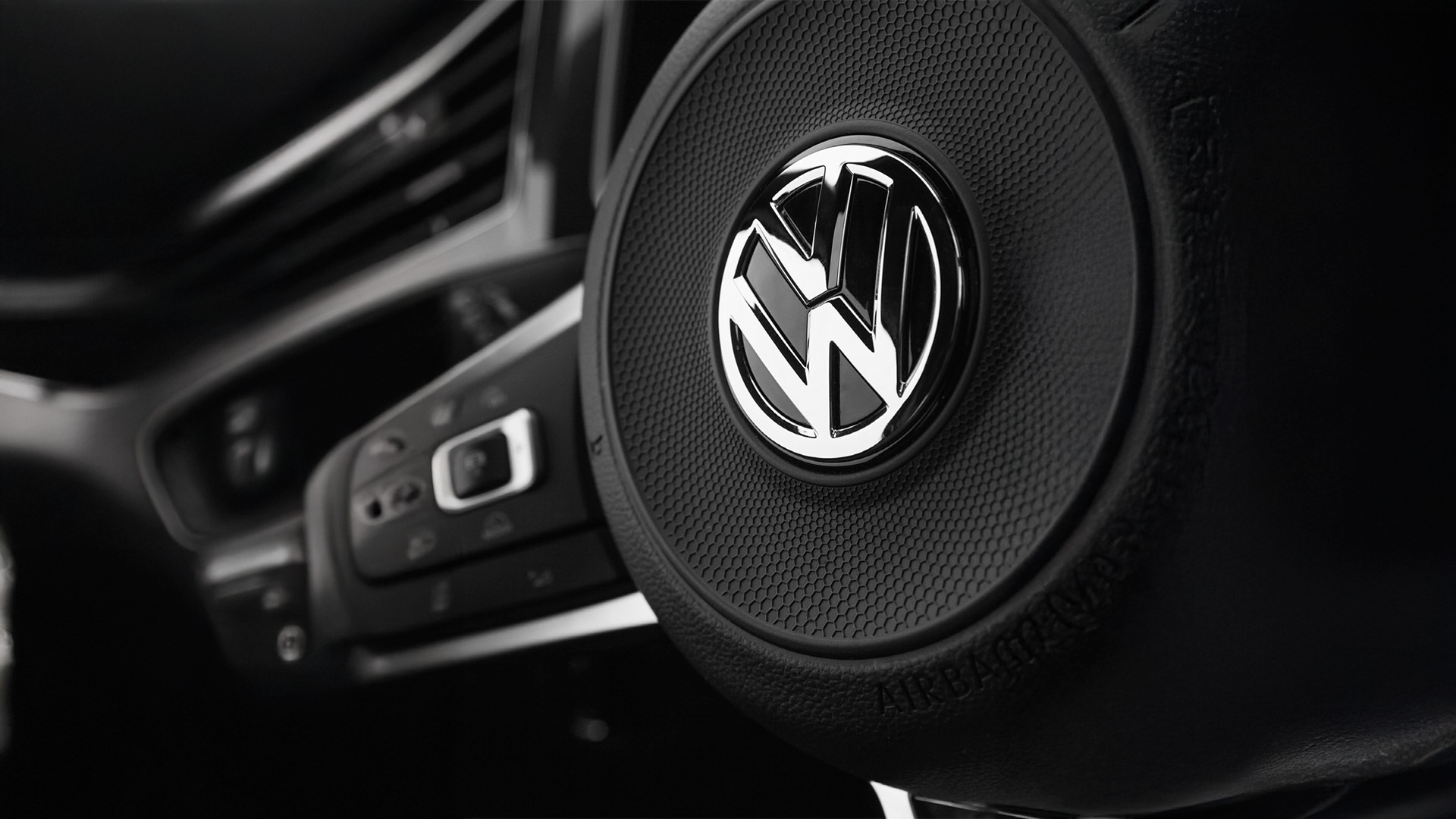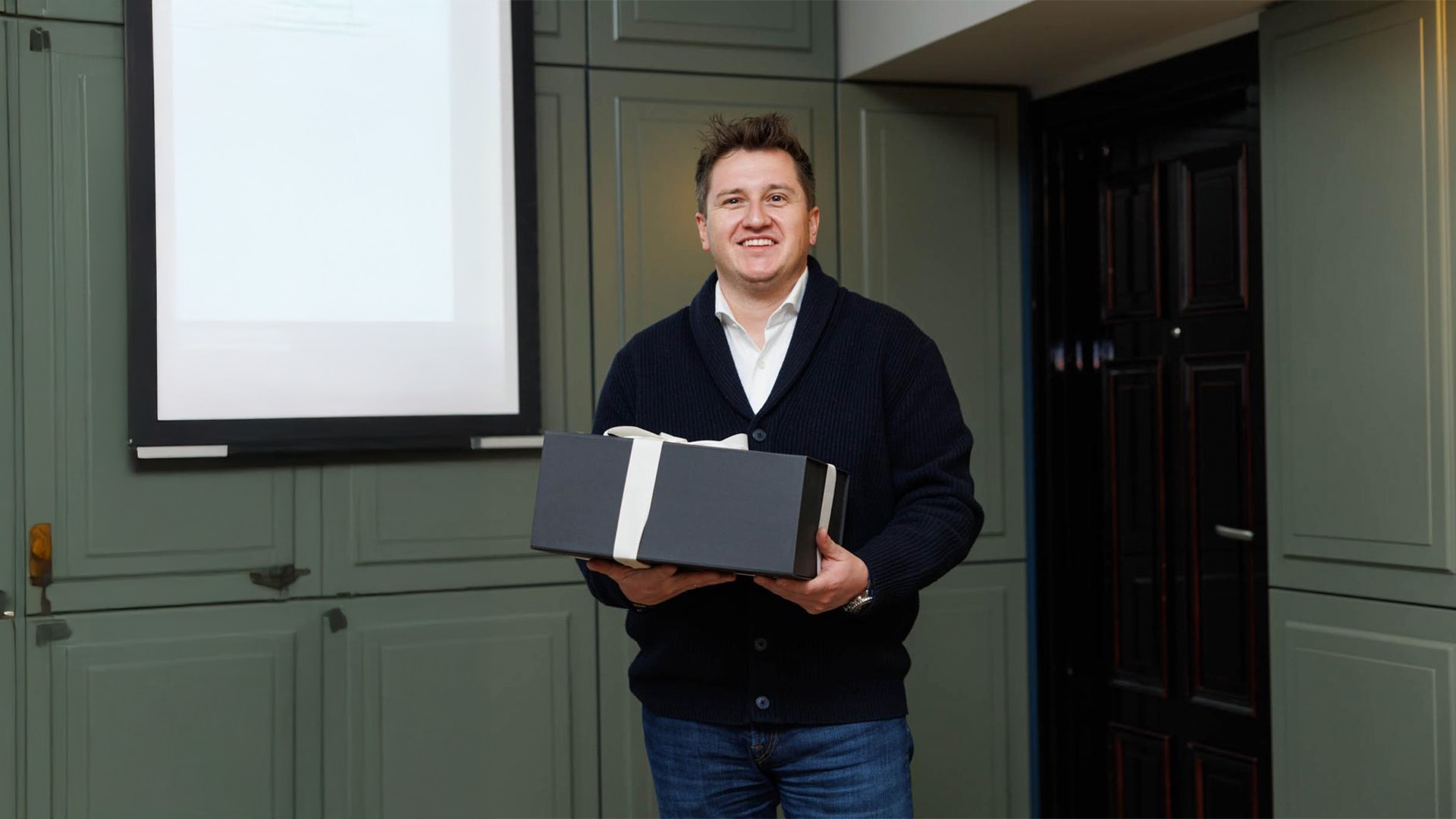When faced with a potential product recall, many companies freeze, unsure of how to protect their brand while ensuring consumer safety. This kind of reactive approach often leads to reputational damage, financial losses, and long-term trust issues. But Pete Gillett, the seasoned leader behind Marketpoint, has spent two decades helping organizations flip the script, turning crisis moments into opportunities to build loyalty, not lose it.
Understanding Product Recall Risks
You might not think about product recalls until you’re in the middle of one, but Pete has seen just how bad it can get. “Everything from ski jackets that were catching fire, to batteries going flat in defibrillators,” he recalls. And the stories only get more extreme. “We had fire extinguishers exploding in offices and crashing through ceilings like missiles. One even went completely through a van door.”
His company has helped manage major global incidents, including the horse meat scandal and emergency planning for Malaysian Airlines after their aircraft went missing. The takeaway from all these experiences? Most businesses are dangerously unprepared when crisis strikes.
Handling Unusual and Dangerous Recalls
The traditional approach to recalls left a lot to be desired. “In the good old days, you would check with the experts,” Pete says. “Your insurance people would be on your side to not do the recall so they didn’t have to do a payout.”This mindset often made things worse. Just look at Volkswagen. “VW Dieselgate is just a classic example of what not to do,” he says. “It was a hush-type initiative from the CEO downwards to keep quiet about this defeat mechanism.” And the cost? “VW Group is still suffering today. There are lots of fines and costs incurred with that.”
Fortunately, Pete has seen a shift in recent years. “Covid came along and we’ve noticed a whole new attitude with most companies,” he explains. “Your social responsibility is such that there’s a better way to do this.”And being transparent isn’t just good ethics, it’s good business. “We have clients who will run a product recall without even thinking about it,” Pete shares. “A medical instruments company regularly changes their products in hospitals just because the packaging’s gone out of date. It builds good customer loyalty.”Proactivity also protects the bottom line. “If you don’t prepare for a recall, it’s going to cost you far more, take much longer, and affect your brand,” Pete warns.
Preparing Your Business for a Recall
To help companies avoid chaos, Marketpoint now offers a recall-readiness service similar to an ISO audit. Pete identifies several key areas every business should address, starting with customer data.”The main stumbling block is having access to your customer data easily,” he says. “Most companies’ systems just aren’t fit for this particular purpose.”
Other critical pieces include phone systems that can handle a surge, trained call agents, and social media monitoring. “Sometimes the first flames of a recall start to flicker away on the socials,” Pete explains. “Listening to that and correcting misinformation is important.”
And the benefits are measurable. “Having them all ready allows you to react fast and can be half the cost of not being prepared,” he says. “That really focuses the accountant’s mind when a recall can cost a firm millions.”
The Recall Landscape Is Changing Fast
Recalls are growing more frequent and more expensive. “The number of recalls, and the cost of those recalls has literally increased by about 20% year on year on both sides of the Atlantic,” Pete says.At the same time, regional regulations are diverging, Europe tightening oversight while some US regulations have relaxed under the current administration. One promising development Pete is watching closely is the rise of digital product passports. “For any product, you’ll be able to check the source of different components,” he explains. These digital records could replace the old registration cards most people throw away, creating “a big benefit for the consumer.”
For companies that want to stay ahead of the curve, Marketpoint offers subscription based services and automated response tools to streamline recall preparation. As Pete puts it, it is “relatively low cost” compared to the nightmare of being caught unprepared.
Connect with Peter Gillett on LinkedIn to learn more about recall readiness and brand protection.





